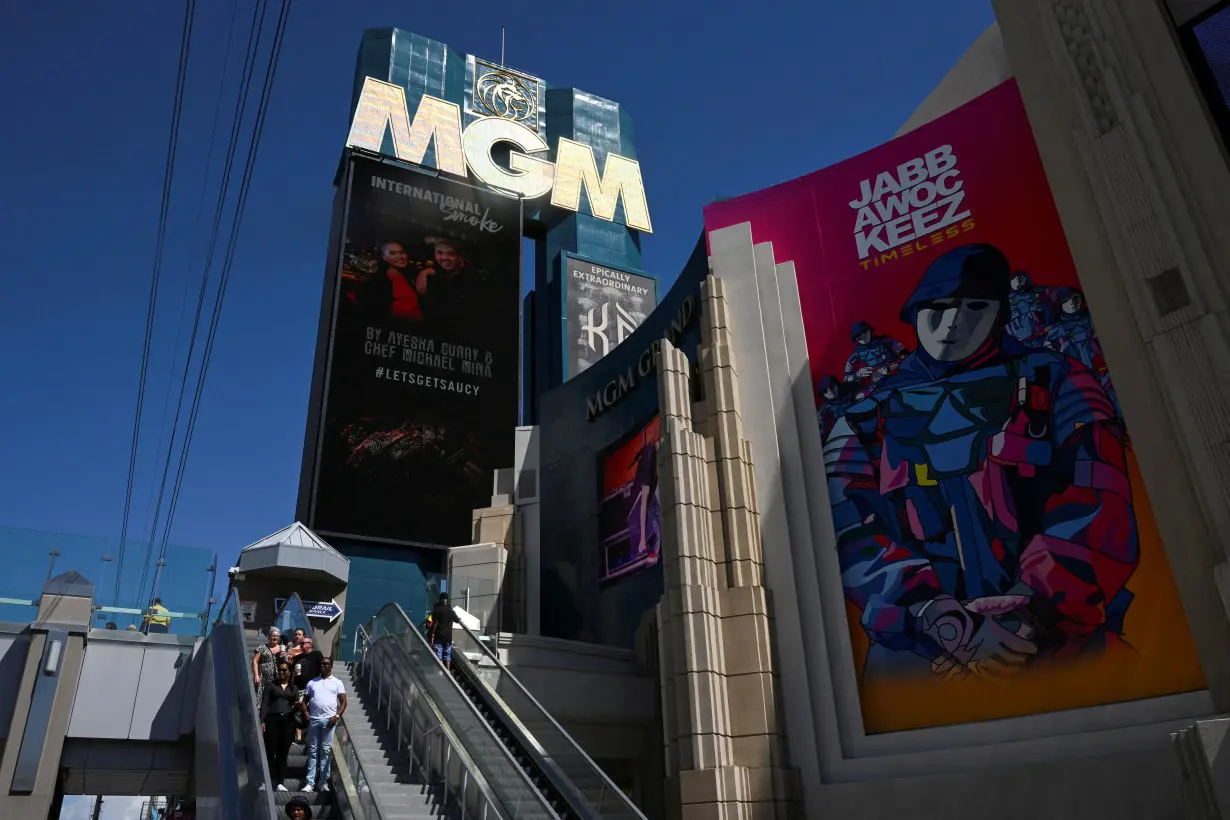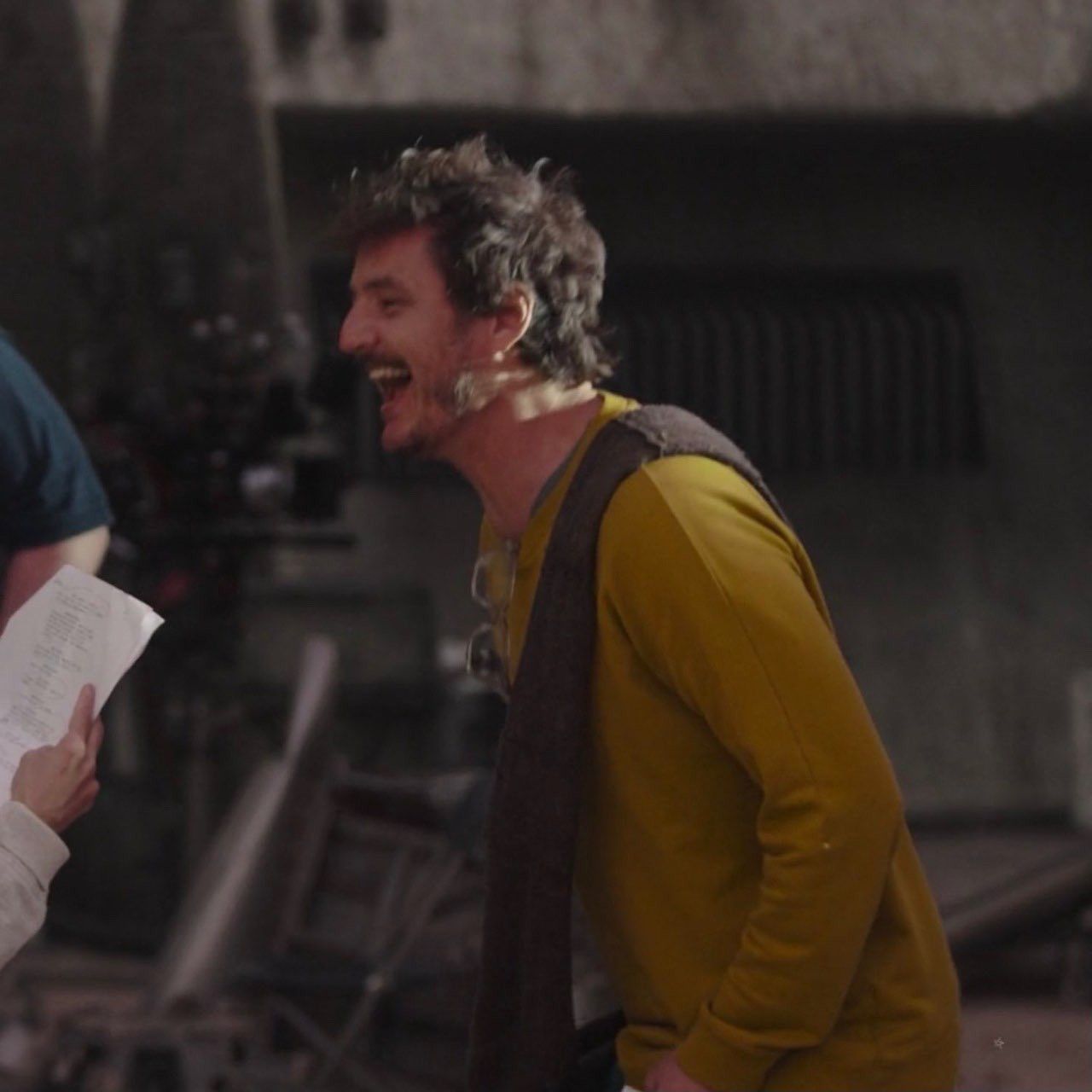Brooklyn Bridge: An Epic Narrative By Barbara Mensch

Table of Contents
The Historical Context: A Bridge Between Eras
The Brooklyn Bridge, a true 19th-century engineering marvel, stands as a symbol of progress and ambition against the backdrop of the Industrial Revolution. Its construction wasn't merely a feat of engineering; it was a reflection of the social and political climate of a rapidly expanding New York City.
-
Bridging the Gap: By the mid-1800s, the burgeoning populations of Manhattan and Brooklyn desperately needed a reliable connection. Ferries were overcrowded and unreliable, hindering trade and daily life. The construction of the bridge became a crucial step in unifying these two rapidly growing boroughs.
-
John A. Roebling's Vision: John A. Roebling, a visionary engineer, conceived the ambitious project. His innovative design, using a suspension bridge structure, was groundbreaking for its time, but also presented unprecedented challenges. His expertise in cable construction laid the foundation for this engineering feat.
-
The Roebling Legacy: Tragically, John A. Roebling died early in the project. His son, Washington Roebling, took over, facing numerous setbacks, including decompression sickness (caisson disease) that nearly incapacitated him. His wife, Emily Warren Roebling, played a critical, often unsung, role, learning engineering principles to supervise the construction and keep the project on track. Their combined resilience is a remarkable element of the Brooklyn Bridge's history.
-
Economic and Social Impact: The completion of the Brooklyn Bridge dramatically reshaped the landscape of New York City, fostering economic growth and improved social connections between Manhattan and Brooklyn. It facilitated the movement of people and goods, accelerating the development of both boroughs and solidifying New York's position as a major global center.
Engineering Marvels: A Testament to Human Ingenuity
The Brooklyn Bridge remains a stunning example of 19th-century engineering. Its construction pushed the boundaries of what was thought possible at the time, utilizing innovative techniques and materials.
-
Groundbreaking Design: The suspension bridge design, with its massive cables and soaring towers, was revolutionary. The use of steel wire, a relatively new material, significantly improved cable strength and durability compared to earlier designs.
-
Cable Construction: The creation of the cables was a monumental task in itself. Thousands of individual wires were carefully spun together to form massive cables, each capable of supporting immense weight. This meticulous process was crucial to the bridge's structural integrity and ability to withstand extreme conditions.
-
Overcoming Obstacles: Construction was fraught with challenges. The strong currents of the East River, unpredictable weather patterns, and the sheer scale of the project tested the ingenuity and resilience of the engineering team and workers. The innovative construction techniques employed, including the use of caissons for underwater foundation work, were crucial to overcome these obstacles.
-
Cutting-Edge Technology: For its time, the Brooklyn Bridge employed cutting-edge materials and technologies. The use of steel, innovative cable-spinning techniques, and the design of the towers all represent significant advances in engineering and construction.
The Human Stories Behind the Steel: Triumph Over Adversity
Mensch's narrative doesn't just focus on the structural elements; it also highlights the human cost and triumphs involved in the bridge's construction. These are the stories that truly bring the Brooklyn Bridge to life.
-
Workers' Stories: The construction of the Brooklyn Bridge involved thousands of laborers, many of whom faced dangerous working conditions and the risk of serious injury or death. Mensch's work shines a light on their contributions and sacrifices.
-
The Human Cost: Accidents and illnesses, particularly caisson disease, took a heavy toll on the workforce. These tragedies are a stark reminder of the human cost associated with such ambitious projects.
-
Emily Warren Roebling's Courage: Emily Warren Roebling's role is particularly compelling. Facing personal loss and the challenges of a patriarchal society, she used her intellect and determination to ensure the project's completion. Her resilience and contributions serve as an inspirational element of the narrative.
-
Family Sacrifices: The construction of the Brooklyn Bridge demanded immense sacrifices from countless families. Mensch's narrative effectively portrays the personal toll this project took, adding an emotional depth to the engineering and historical narrative.
Mensch's Narrative Technique: Bringing History to Life
Mensch's "Brooklyn Bridge: An Epic Narrative" excels not only in its factual accuracy but also in its engaging narrative style.
-
Engaging Prose: Mensch's writing style is both informative and accessible. She masterfully weaves together historical details, technical information, and personal stories to create a captivating narrative.
-
Thorough Research: The book's strength lies in its thorough research, drawing on both primary and secondary sources to construct a comprehensive and nuanced account of the Brooklyn Bridge's history.
-
Balanced Perspective: While celebrating the achievements, Mensch also acknowledges the human cost and controversies associated with the construction. This balanced perspective enhances the book’s authenticity and impact.
-
Impact on Readers: Mensch's narrative succeeds in offering a profound understanding of the Brooklyn Bridge, moving beyond a mere recounting of facts to evoke the human drama and engineering ingenuity behind this iconic structure.
Conclusion
Barbara Mensch's "Brooklyn Bridge: An Epic Narrative" offers a captivating blend of historical detail, engineering marvels, and compelling human stories, bringing the iconic structure to life. The book's depth and accessibility make it an essential read for anyone interested in history, engineering, or the human spirit. The narrative skillfully balances the technical aspects of the bridge's construction with the personal stories of the individuals involved, creating a truly enriching and memorable reading experience.
Call to Action: Immerse yourself in the epic tale of the Brooklyn Bridge. Discover the untold stories and engineering brilliance behind this architectural masterpiece by reading Barbara Mensch's "Brooklyn Bridge: An Epic Narrative" today! Learn more about this captivating historical account of a true engineering marvel and the Brooklyn Bridge's lasting legacy. Explore this detailed exploration of the Brooklyn Bridge's history and the human drama behind its construction.

Featured Posts
-
 Why Are Las Vegas Casinos Laying Off Workers A Deep Dive
May 18, 2025
Why Are Las Vegas Casinos Laying Off Workers A Deep Dive
May 18, 2025 -
 Super Bowl Controversy Kanye West Blames Taylor Swift For Exclusion
May 18, 2025
Super Bowl Controversy Kanye West Blames Taylor Swift For Exclusion
May 18, 2025 -
 Webby Awards 2024 Taylor Swift Kendrick Lamar And Simone Biles Among The Winners
May 18, 2025
Webby Awards 2024 Taylor Swift Kendrick Lamar And Simone Biles Among The Winners
May 18, 2025 -
 One Result Bothered Gilbert Burns More Than His Losses To Chimaev Della Maddalena And Muhammad
May 18, 2025
One Result Bothered Gilbert Burns More Than His Losses To Chimaev Della Maddalena And Muhammad
May 18, 2025 -
 Is Amanda Bynes On Only Fans The Full Story
May 18, 2025
Is Amanda Bynes On Only Fans The Full Story
May 18, 2025
Latest Posts
-
 Aniston Shares Heartfelt Note For Pascal Post Dinner Viral Moment
May 18, 2025
Aniston Shares Heartfelt Note For Pascal Post Dinner Viral Moment
May 18, 2025 -
 Jennifer Aniston And Pedro Pascal A Sweet Exchange After Their Recent Dinner Outing
May 18, 2025
Jennifer Aniston And Pedro Pascal A Sweet Exchange After Their Recent Dinner Outing
May 18, 2025 -
 Jennifer Aniston Sends Supportive Message To Pedro Pascal Following Dinner Date
May 18, 2025
Jennifer Aniston Sends Supportive Message To Pedro Pascal Following Dinner Date
May 18, 2025 -
 Viyna V Ukrayini Pedro Paskal Pidtrimav Zelenskogo Pislya Zustrichi Z Trampom
May 18, 2025
Viyna V Ukrayini Pedro Paskal Pidtrimav Zelenskogo Pislya Zustrichi Z Trampom
May 18, 2025 -
 Vstrecha Zelenskogo S Trampom Pedro Paskal Vyrazil Solidarnost S Ukrainoy
May 18, 2025
Vstrecha Zelenskogo S Trampom Pedro Paskal Vyrazil Solidarnost S Ukrainoy
May 18, 2025
